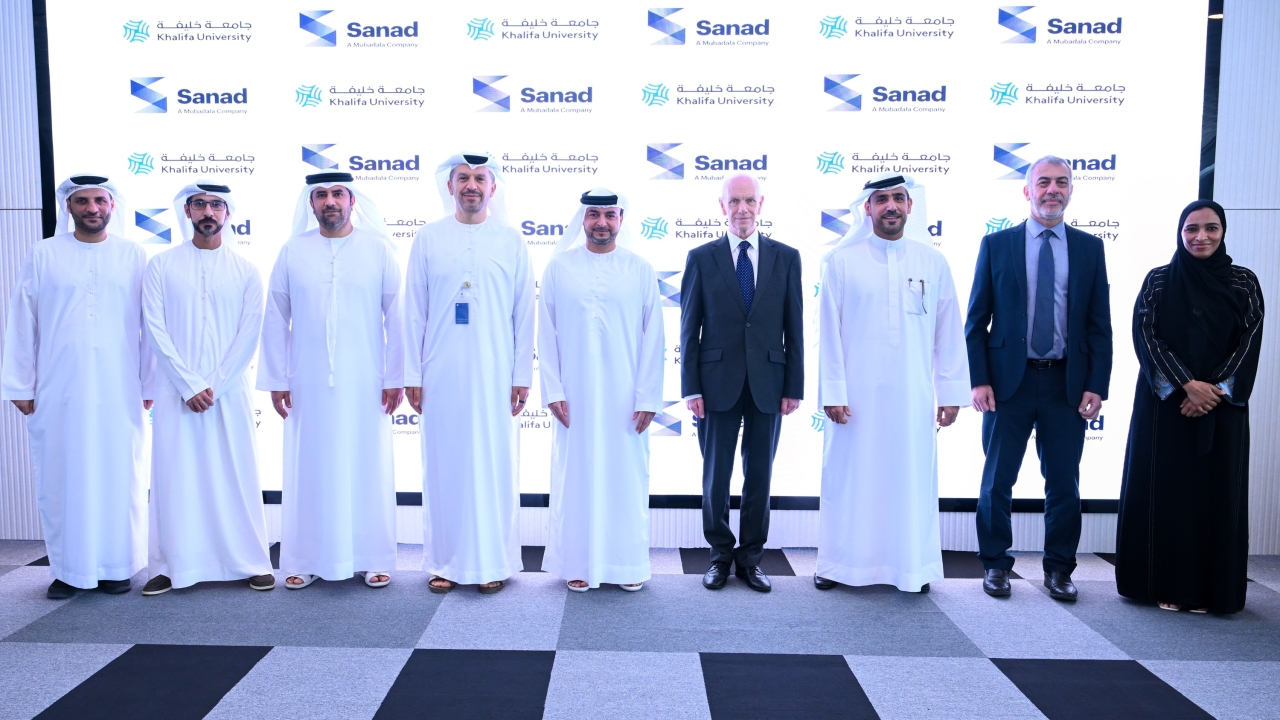Partnership moves PSAA into a different class
One of Saudi Arabia’s biggest aviation training establishments has taken a significant step forward in its development by becoming an IATA regional training partner. Alan Dron reports.

Saudi Arabia’s rapidly growing presence in the aviation sector has expanded further, as one of the country’s largest training facilities seeks to increase the breadth of skills it offers.
In July, the Prince Sultan Aviation Academy (PSAA) signed an agreement with the International Air Transport Association (IATA) to become a regional training partner (RTP) with the airline industry’s representative organisation.
The academy aims to attract a broader range of students and already-qualified personnel from across the Arab world and beyond, by significantly increasing the scope of training it offers.
The academy is a strategic business unit of Saudi Arabian Airlines Corporation (Saudia) and provides training for flightcrew and groundcrew, and to upgrade skills.
Based at Saudia’s Jeddah HQ, the academy already provides training for around 9,000 airline employees annually and hopes to increase this number following the signing of the agreement.
The document for the academy to become an RTP was signed under the auspices of Saudi Arabian Airlines director general, Engineer Saleh bin Nasser Al-Jasser, by the academy’s managing director, Captain Ismael AlKoshy, and IATA’s regional vice-president, Africa and Middle East, Muhammad Albakri.
“We typically look for institutes – universities, or airline or airport training centres, for example – that are strongly invested in the realm of aviation training,” said an IATA spokesman.
IATA’s regional offices provide the organisation with recommendations on an applicant’s standing in the local market and its level of competence in aviation training.
The authorisation to become an IATA RTP is granted once a facility can demonstrate its ability to understand its region’s training needs and determine the appropriate training offering, as well as the ability to develop promotional campaigns and access key stakeholders with clients’ training departments.
“PSAA has a mandate and mission to provide access to state-of-the-art facilities and excellence in the field of aviation training,” AlKoshy said. “We are proud to become an IATA RTP and look forward to connecting with new partners in the region and beyond.”
Albakri added: “The aviation industry is geared to continue its growth in demand for air transport in the years to come and meeting this demand will require a skilled workforce to sustain the growth and provide consistently safe and secure services to travellers.
“This strategic partnership will support PSAA in responding to the ever-growing training demand in the Kingdom of Saudi Arabia and will augment the existing knowledge transfer capabilities of the academy.
“Already this year, more than 1,500 aviation professionals have benefitted from IATA training in Africa and the Middle East and we look forward to growing these numbers to meet the demand for a safe, secure and sustainable air transport industry.”
Around 2,000 Saudia pilots pass through the academy each year for proficiency checks and recurrent training, AlKoshy said, with another 500 pilots – mainly from other Saudi Arabian carriers – also taking courses there each year.
The academy’s customers also include Flynas, SaudiGulf Airlines and the Bahraini Royal Flight.
The increasing proportion of Saudi pilots in the Saudia and Flyadeal workforces (Saudia anticipates all of its co-pilots being Saudi nationals within the next few years) means that this source of business is likely to increase.
Previously, said AlKoshy, the academy focused on offering flying training (apart from the ab initio stage), other flight-related training for groups such as cabin crew, as well as specialist subjects, such as cockpit resource management and dangerous goods handling.
In the past year, however, the academy had broadened its vision and mission. As an IATA RTP, it now has the aim of becoming what he described as “the preferred aviation training academy and knowledge centre” in the MENA region.
“The reason we chose to become an IATA RTP is to really double down on being the knowledge centre in this region,” said AlKoshy. “We will be able to provide a full range of courses, not currently available, that will allow us to broaden our scope.”
Those will include subjects such as IT systems, management development, emergency planning response, ground-handling and cargo security. “We want to benefit from IATA’s experts. I think there is excellent potential there that will benefit both parties.”
Stay up to date
Subscribe to the free Times Aerospace newsletter and receive the latest content every week. We'll never share your email address.

